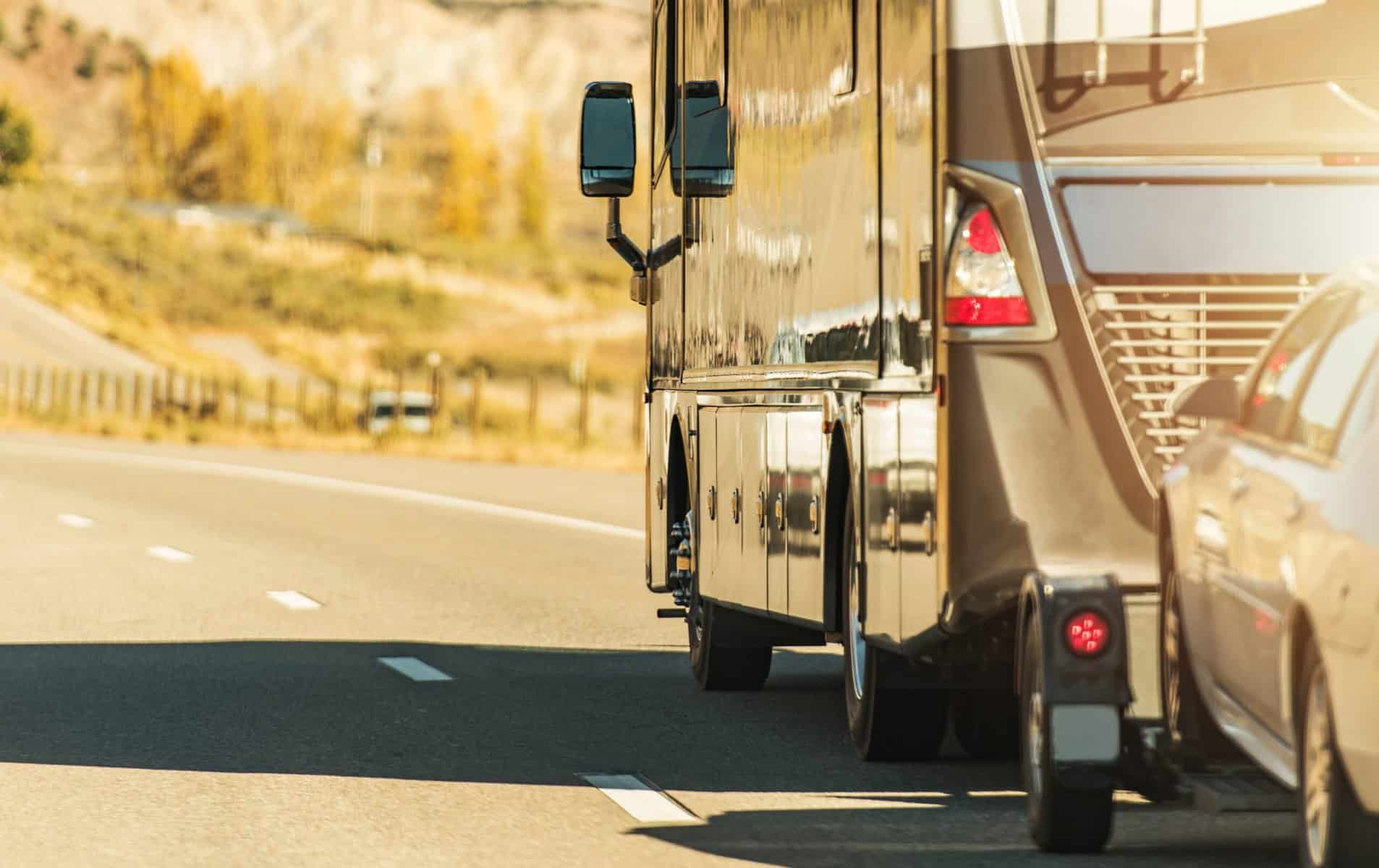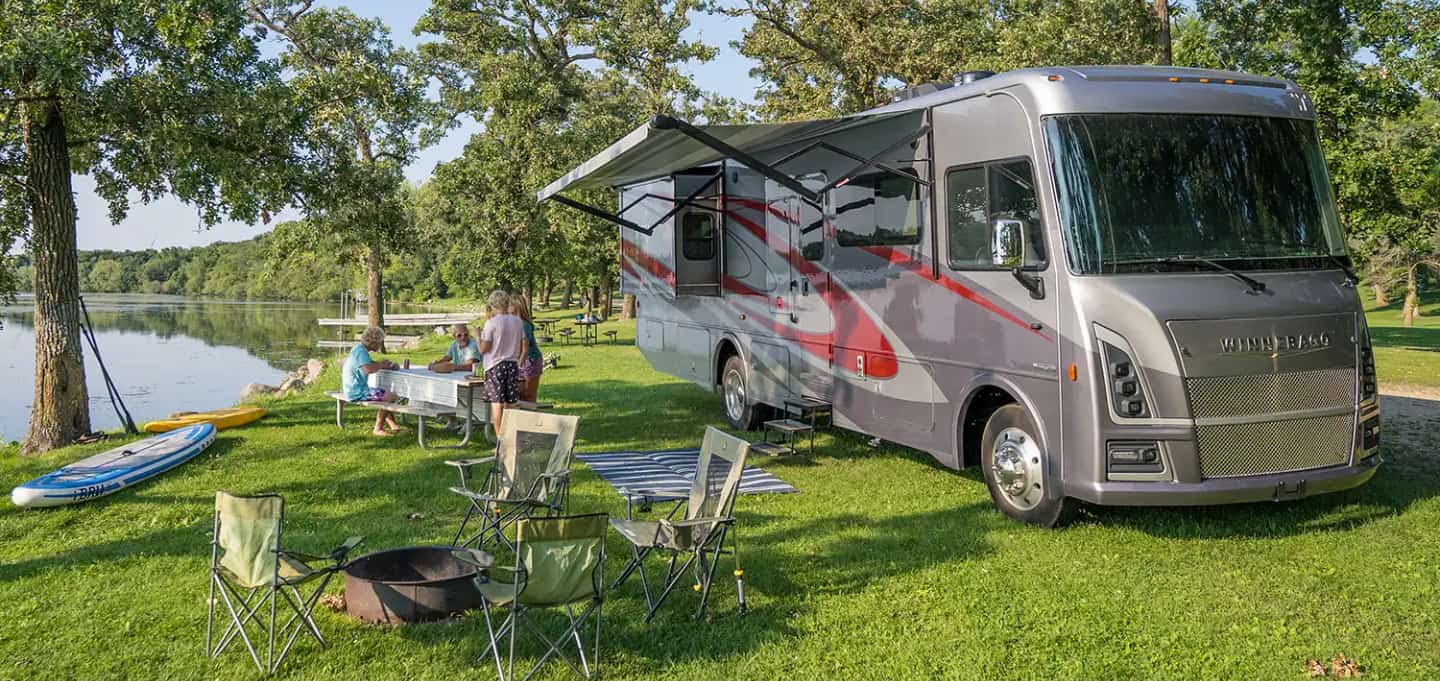“Should I get a gas or diesel motorhome?” It’s a question that will repeat itself through the ages as long as we have fuel.
Maybe electric or another option will be added to the comparison charts in our future. In other countries propane is a cheaper fuel. It’s used in many hybrid cars, although it is rarely used in the U.S. For now, it’s gas versus diesel.
RVers love to argue about the best RV fuel. Gas versus diesel motorhomes are the topic of many campfire circles. But we can’t really argue until we understand the features and benefits of each type.
Let’s take a look.
Gasoline Powered RVs
Gasoline is the most used fuel. It is easily combustible which allows for quick starts and fast acceleration. It is also the leading contributor to pollution. According to AAA, nearly 1/5 of all climate change emissions comes from vehicles. Your engine determines which grade of gasoline you can use. You have regular (87), premium (91), and mid-grade (89).
Diesel Powered RVs
Diesel is more fuel efficient. In traveling, you can usually go about 20-30% farther on a gallon of fuel than gas powered vehicles. This is why you will see most truckers with diesel engines. It also produces less carbon dioxide. But, it still creates nitrous oxide which causes smog.
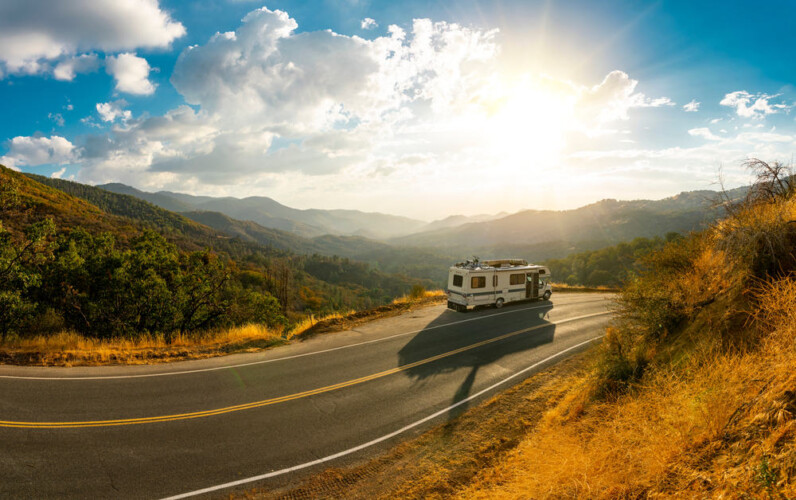
You Should Ask Other Questions Instead
The question you should be asking though is not “What fuel is best – diesel or gas?” RV use is what will help you determine whether your RV MPGs will be better with a diesel pusher or a gas motorhome. There are pros and cons to each.
- How, where, when, and why you drive your RV?
- Does your RV fit the job of towing, hauling or moving your stuff around?
Let’s look at each fuel question to help you personally end the gas versus diesel debate.
How do you drive your RV?
Are you a fast driver? DriveGain reports that if you limit your speed to 60 MPH, you can reduce your fuel consumption by 10% and you only lose about four minutes of drive time about every hour. So why the rush when the travel can be part of the RV experience?
Other things you can do to reduce fuel use are:
- accelerating slowly
- coasting to a stop
- use cruise control to maintain a steady speed
- and anticipating traffic patterns
Are you hauling or towing extra toys or vehicles with you? Do you travel long distances or just short distances for your RV trips? How many miles will you do per year? Diesel engines are better for lots of mileage and lower cost of ownership over time. But if you are only driving a short distance and not often, gasoline may be a better choice.
Where does your RV take you?
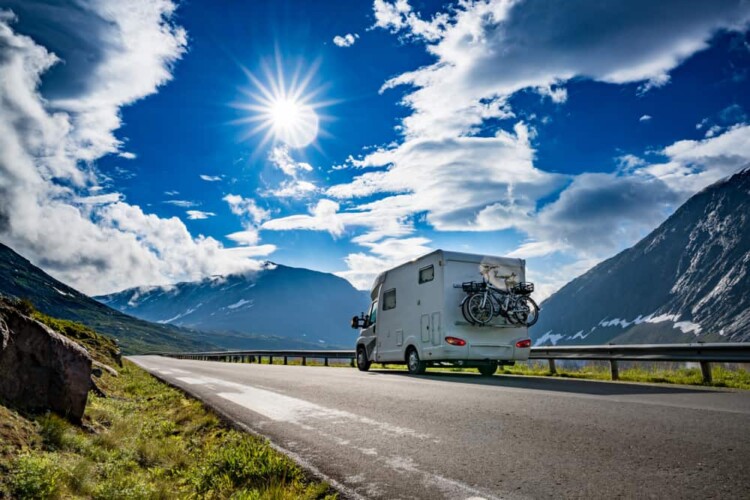
Your decision about where you will RV will have an impact on your fuel usage whether it is gasoline or diesel.
- Are you RVing to or through high-priced gas towns?
- What about the landscape as well as the location?
- Are you traveling up and down mountains, in stop and go traffic in cities, or on high-speed interstates?
There are tips for driving in these different environments that can save on fuel. They’re worth checking out before you travel these types of terrain. A diesel might perform better in mountain areas as well in stop and go traffic, but are more costly upfront. Is there a savings over time?
When will you drive your RV?
Are you traveling on weekends or during holidays? You might want to rethink your travel plans so you get the optimal price on your gas. Whether you are opting for diesel or gasoline, they are both affected by specific events and fuel shortages.
A large diesel motorhome can cost more in fuel with higher fuel rates at the pump than for a small gasoline camper. The questions to ask include:
- How long do you plan to travel with this RV?
- Will your upfront purchase cost offset higher fuel costs?
Why do you take an RV?
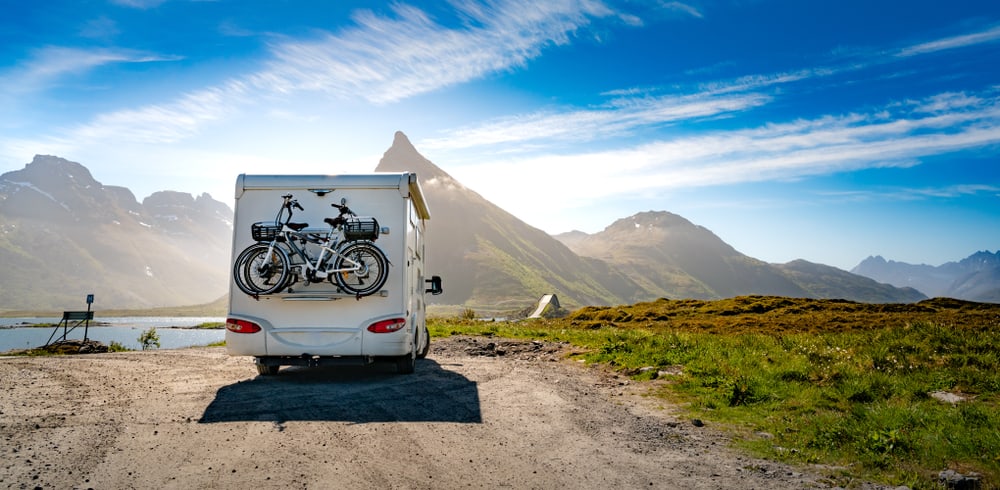
We camp in a certain RV because it takes us where we want to go to have the experiences we want to have. A small camper can get us into more national parks. A large motorhome can help us go full-time and work from the road. Heavier diesel motorhomes cost more to operate than a lightweight gasoline camper.
We just need to be mindful about RV maintenance. For example:
- Check your fuel caps for good seals
- Keep your tires inflated or replaced
- Be regular with oil changes
- Replace spark plugs and engine filters
But the most important changes you can make are your driving habits. Why you take the RV will also influence how much you take with you. Weight will have a factor on the best towing engine you need which will in turn dictate the fuel choices.

The Winner of the Gas Versus Diesel Motorhome Debate Is …
Neither! The truth is YOU are the most important factor when it comes to the best RV fuel option.
All the miles you drive, where you drive, how you manage your fuel usage, cost of ownership, how long you plan to own your RV, resale value, and your RV maintenance habits affect you more in the long run. Hopefully if you are already in an RV, it meets your needs.
Your how, where, when, and why answers should mean you are driving the RV and using the fuel that works best for you.
We are RVers! We aren’t like everyone else already and neither does our fuel use have to be like everyone else’s. Whether we choose an RV that uses gasoline or an RV that uses diesel, the RV itself should match our travel needs.
And not to throw a kink in the ‘gas versus diesel’ ongoing debate, but your RV engine can’t run without a good transmission. So, you may also want to research what RV transmissions have a good reputation too.

